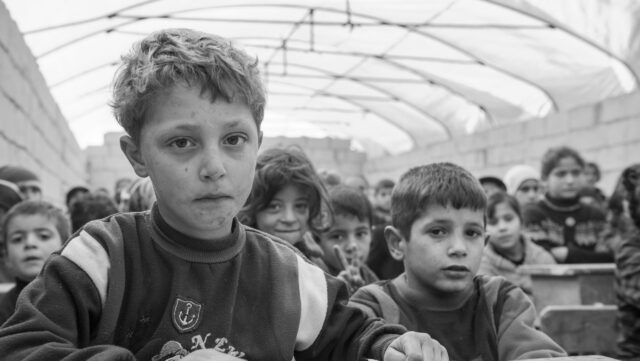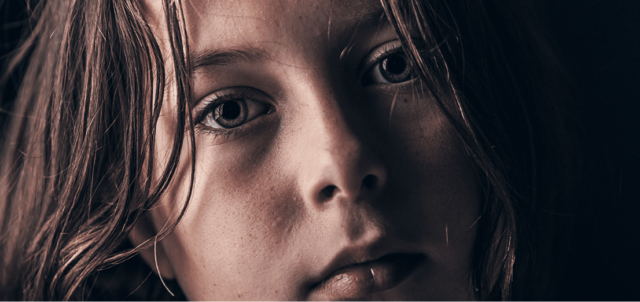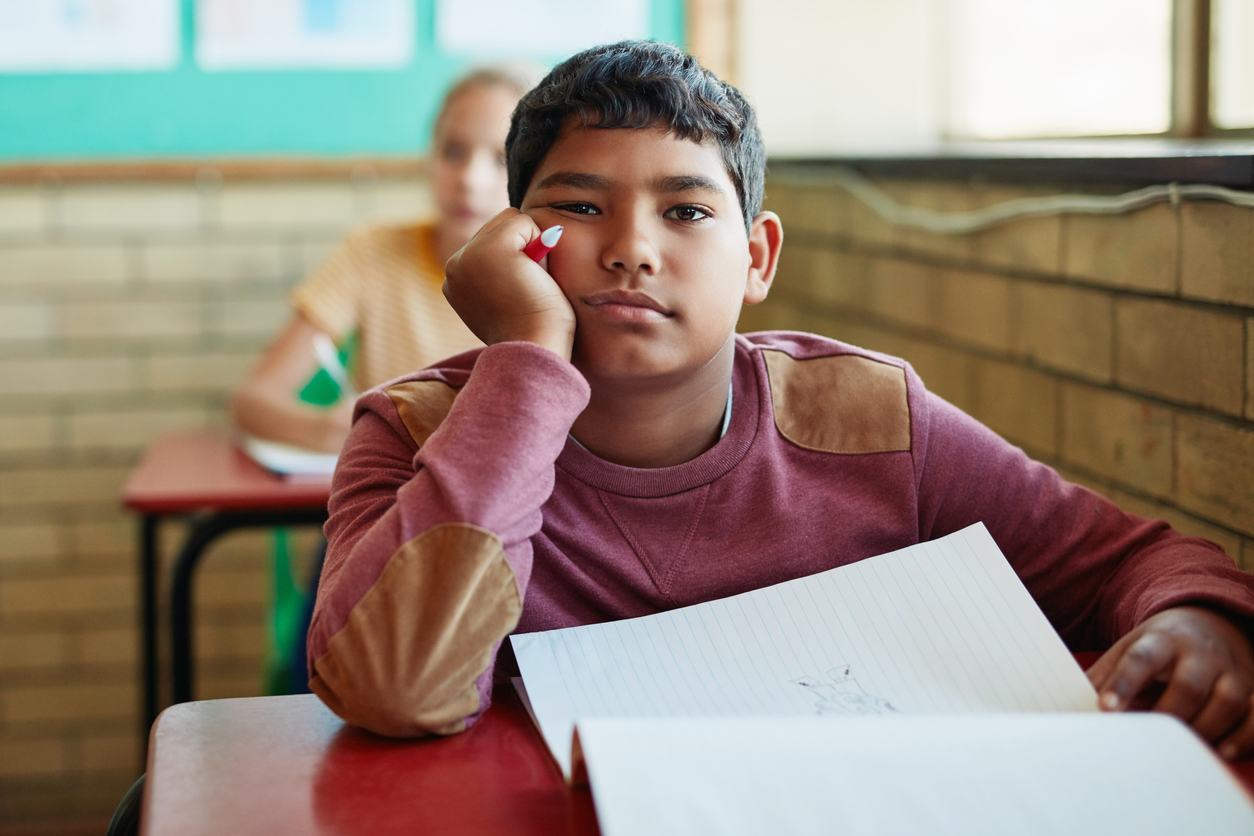There are various factors that make an event traumatic for a child. These factors can relate to the child’s history as well as biological vulnerabilities. There are also event factors, including proximity to the event, both emotional and physical, and factors related to the event’s aftermath. If the child has support from trusted adults, it can help them process and recover.
What Makes an Event Traumatic for a Child?
Experiences before and after affect how severe the injury will be
Clinical Expert: Steven J. Berkowitz, MD
en EspañolIt’s important to understand that it’s not the nature of the event itself that makes something traumatic. It’s really the subjective experience of the child that defines whether an event is traumatic or not.
Many of us have experiences that are very upsetting. We may be disturbed, we may be unable to sleep, we may not be able to eat, we may be irritable, but we integrate it, over time, and recover. So trauma is really best understood as a failure of recovery. It’s a response to an event, it’s not the event itself.
There are many factors that go into whether an event is traumatic for a child.
- First, there are individual factors that relate to the child’s own history, their previous experiences, as well as biological vulnerabilities that we don’t understand yet.
- Then there are the event factors. We certainly know that close proximity, both emotional and physical, to the event are more likely to make it traumatic. For instance, rape is known to be one of the most traumatic of events, as is sexual assault.
- Finally, there are also factors that occur after the event, whether a child has support from people close to them, especially their family, or whether there are additional stressors that are ongoing, and that interfere with their ability to process and recover.
So it’s a very complex situation, because while we tend to think of an event as being the cause of trauma, trauma is actually a process over time. Trauma is the Greek word for injury, and so it’s an experience that causes an injury to one’s functioning — cognitive functioning, physiological functioning, and psychological functioning.
Frequently Asked Questions
There is no single factor that makes an event traumatic for a child because trauma is complex. We tend to think that trauma is caused by an upsetting event, but trauma is actually caused by a child’s subjective experience of that event.
Was this article helpful?
Related Reading
-
 How Trauma Affects Kids in School
Signs of trauma and tips for helping kids who've been traumatized
How Trauma Affects Kids in School
Signs of trauma and tips for helping kids who've been traumatized
-
 Signs of Trauma in Children
What to watch for in the weeks and months after an upsetting event
Signs of Trauma in Children
What to watch for in the weeks and months after an upsetting event
-
 Quick Guide to Post-Traumatic Stress Disorder (PTSD)
Post-traumatic stress disorder (PTSD) is a mental health condition that can affect kids who have…
Quick Guide to Post-Traumatic Stress Disorder (PTSD)
Post-traumatic stress disorder (PTSD) is a mental health condition that can affect kids who have…
-
 What Is PTSD?
The disorder looks different in children as they develop
What Is PTSD?
The disorder looks different in children as they develop
-
 Helping Children Cope After a Traumatic Event
Tips for supporting children with trauma
Helping Children Cope After a Traumatic Event
Tips for supporting children with trauma
-
 Quick Guide to Reactive Attachment Disorder
Children with reactive attachment disorder (RAD) are not able to form the important bond that…
Quick Guide to Reactive Attachment Disorder
Children with reactive attachment disorder (RAD) are not able to form the important bond that…
-
 77 Children’s Books About Mental Health
Best books for helping kids understand emotional and learning challenges
77 Children’s Books About Mental Health
Best books for helping kids understand emotional and learning challenges
-
 Will My Child Bounce Back From the Coronavirus Crisis?
Trauma, resilience and how parents can help
Will My Child Bounce Back From the Coronavirus Crisis?
Trauma, resilience and how parents can help
-
 Is It ADHD or Trauma?
Why the symptoms are often confused, and how to avoid a misdiagnosis
Is It ADHD or Trauma?
Why the symptoms are often confused, and how to avoid a misdiagnosis
-
 A Look at Acute Stress Disorder and PTSD
After an upsetting or traumatic event, children can respond in a variety of unhealthy ways
A Look at Acute Stress Disorder and PTSD
After an upsetting or traumatic event, children can respond in a variety of unhealthy ways
-
 What Are Adjustment Disorders?
When kids have big reactions to stressful events
What Are Adjustment Disorders?
When kids have big reactions to stressful events
